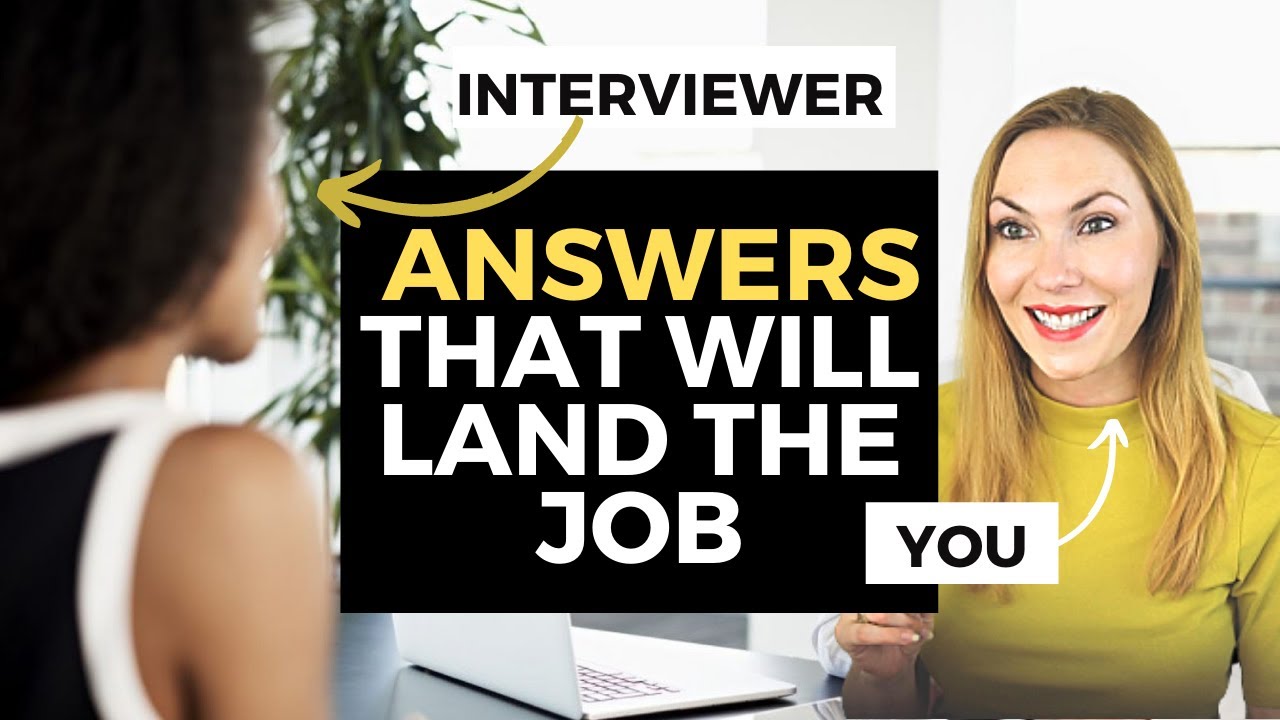10 most asked questions in an interview – In the realm of job interviews, the 10 most asked questions hold the key to unlocking your professional destiny. From prepping like a pro to nailing your answers, this guide is your backstage pass to interview stardom.
As we dive into the interview arena, we’ll decode the questions that interviewers love to throw your way, unravel their hidden agendas, and equip you with winning strategies to leave a lasting impression.
Interview Preparation
Preparing for an interview is crucial to showcasing your skills and qualifications effectively. Researching the company and position demonstrates your interest and enthusiasm. Practicing common interview questions builds confidence and helps you anticipate potential inquiries. Additionally, managing interview anxiety through relaxation techniques and positive self-talk enhances your performance.
Common Interview Questions
Interviewers often ask specific questions to assess candidates’ suitability for the role. Here are the 10 most frequently asked questions and their purposes:
1. Tell me about yourself.
This question allows the interviewer to understand your background, skills, and motivations.
2. Why are you interested in this position?
This question assesses your knowledge of the company and your fit for the role.
3. What are your strengths and weaknesses?
This question helps the interviewer identify your self-awareness and areas for growth.
4. Why should we hire you?
This question requires you to articulate your unique value proposition.
5. What are your salary expectations?
This question helps the interviewer determine your financial requirements.
6. What is your greatest accomplishment?
This question allows you to showcase your skills and achievements.
7. What are your career goals?
This question assesses your ambition and long-term aspirations.
8. How do you handle stress and pressure?
This question evaluates your coping mechanisms and resilience.
9. What are your hobbies and interests?
This question provides insight into your personality and work-life balance.
10. Do you have any questions for me?
This question shows your interest and engagement in the conversation.
Question Analysis
Interview questions are carefully crafted to elicit specific information from candidates. Understanding their structure and language can help you interpret their intent:
Structure, 10 most asked questions in an interview
Questions are often open-ended to encourage detailed responses. They may use leading words or phrases to guide your answers.
Language
Interviewers may use technical jargon or specific industry terms to assess your knowledge and experience. Pay attention to the tone and formality of the questions.
Motivations and Biases
Questions can reveal the interviewer’s assumptions about the ideal candidate. They may also reflect biases towards certain backgrounds or experiences.
Answering Techniques
Effective answering techniques can significantly improve your interview performance:
STAR Method
Use the STAR method (Situation, Task, Action, Result) to structure your answers to behavioral questions. Provide specific examples and quantify your accomplishments.
Handling Difficult Questions
Remain calm and professional when faced with unexpected or difficult questions. Ask for clarification if needed, and provide thoughtful and concise responses.
Body Language and Nonverbal Communication
Body language plays a vital role in conveying confidence and professionalism:
Eye Contact
Maintain appropriate eye contact to demonstrate attentiveness and engagement.
Posture
Sit up straight with your shoulders relaxed to project confidence and alertness.
Gestures
Use appropriate gestures to emphasize your points and enhance your communication.
Follow-Up and Post-Interview Strategies

Following up after an interview is essential for showing your continued interest:
Thank-You Notes
Send a personalized thank-you note within 24 hours to express your gratitude and reiterate your interest.
Requesting Feedback
Politely request feedback on your performance to identify areas for improvement.
Evaluating the Experience
Reflect on the interview experience to identify what went well and what could be improved upon.
Final Summary
Remember, the interview is a two-way street. Not only are you being evaluated, but you’re also assessing the company and the role. Approach it with confidence, preparation, and a dash of swagger, and you’ll emerge from the interview room as a formidable candidate.
FAQ Insights: 10 Most Asked Questions In An Interview
What are the most common interview questions?
The top 10 most asked interview questions include: Tell me about yourself, Why are you interested in this position, What are your strengths and weaknesses, What are your salary expectations, Why should we hire you, What are your career goals, Describe a time you faced a challenge, What are your greatest accomplishments, What are your hobbies and interests, and Do you have any questions for me?
How do I prepare for an interview?
Preparation is key! Research the company, the position, and the interviewer. Practice answering common interview questions using the STAR method (Situation, Task, Action, Result). Dress professionally and arrive on time.
What should I do if I’m nervous during an interview?
It’s normal to feel nervous, but try to channel that energy into confidence. Take deep breaths, maintain eye contact, and speak clearly and concisely. Remember, the interviewer wants to see the real you, so be yourself.
How do I follow up after an interview?
Send a thank-you note within 24 hours, reiterating your interest and key points from the interview. If you don’t hear back within a week, it’s okay to follow up with a brief email or phone call.